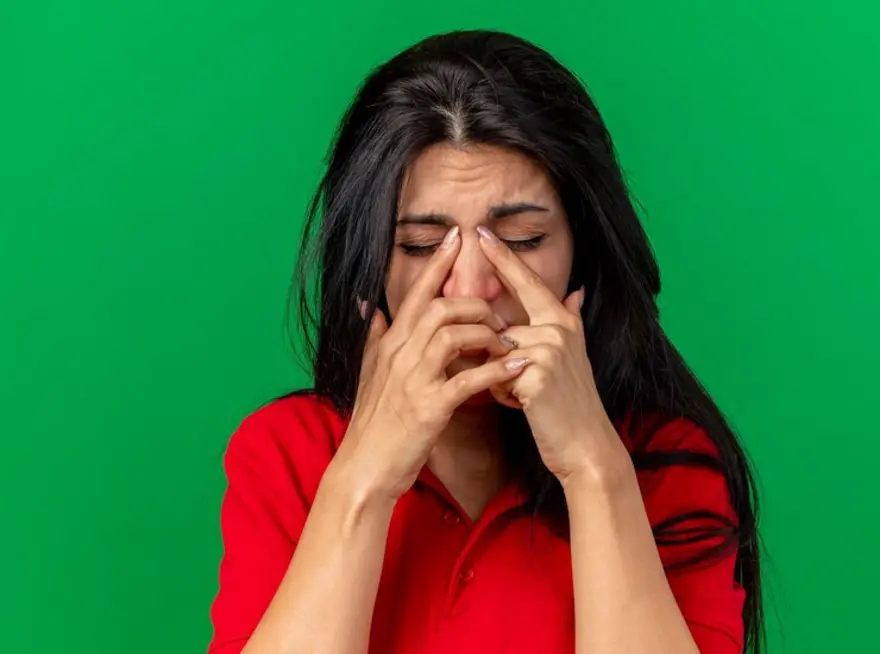Disease
Allergens to Watch Out for This Winter: Metropolis Study
3158 Views
0

“Allergy” indicates an abnormally hypersensitive immune reaction to naturally occurring substances called antigens.This immune overreaction can results in respiratory symptoms like breathlessness, coughing, sneezing, runny nose and scratchy throat, skin related symptoms like itching, hives and rashes. In severe cases it can also result in lower blood pressure, asthma attacks, and in a rare event, even death.
Allergy testing is critical to make proper avoidance recommendations, to prevent further harm and provide the required guidance in proper selection and timing of medications. An allergy test comprises of a screening test wherein it is determined whether a person is atopic or not. If the test result is positive, then based on symptoms, age, environment, geographical location, medical history, the patient undergoes a panel test which determines the exact allergen causing problem. There are several panels ranging from inhalant, food, environment, territory specific, indoor etc and over 700 different allergens can be tested for. This method is US FDA approved and Anti-histamines do not have any effect on the test results.
In order to understand the intensity of the allergy pattern in the country, Metropolis Healthcare Ltd, the Pathology Specialist, conducted a comprehensive study on 20,293 tests processed in 2014. Out of 20,293 samples 15.79% showed the positive allergen results in their blood samples.
| Type | Positive | Negative | Grand Total |
| Fungus (Mold) | 371 | 3161 | 3532 |
| Dust (Dust mites, House dust, Cockroach dust) | 1310 | 1672 | 2982 |
| Food | 1113 | 9801 | 10914 |
| Animal dander | 181 | 1574 | 1755 |
| Pollen (Trees, grasses) | 229 | 881 | 1110 |
| Grand Total | 3204 | 17089 | 20293 |
The study reveals the worrying trend in various types of allergens, 43.93% patients were positive for dusts, followed by Pollens, Fungus and Animal dander denotes around 20.63%, 10.50%, 10.31%, respectively.
An analysis of all positive samples reveals the following analysis.
The most common food allergy signs and symptoms include:
- Hives, itching or eczema
- Swelling of the lips, face, tongue and throat or other parts of the body
- Wheezing, nasal congestion or trouble breathing
- Abdominal pain, diarrhea, nausea or vomiting
- Dizziness, lightheadedness or fainting
Adding on the study Dr. Deepak Sanghavi, Deputy Chief of Lab Services, Metropolis Healthcare Ltd., Mumbai said “It’s easy to confuse a food allergy with a much more common reaction known as food intolerance. Today allergy blood tests are more convenient and accurate than ever before. When combined with a detailed medical history, allergy testing can identify the specific things that trigger your allergic reactions”
 Home Visit
Home Visit Upload
Upload














1701259759.webp)









 WhatsApp
WhatsApp